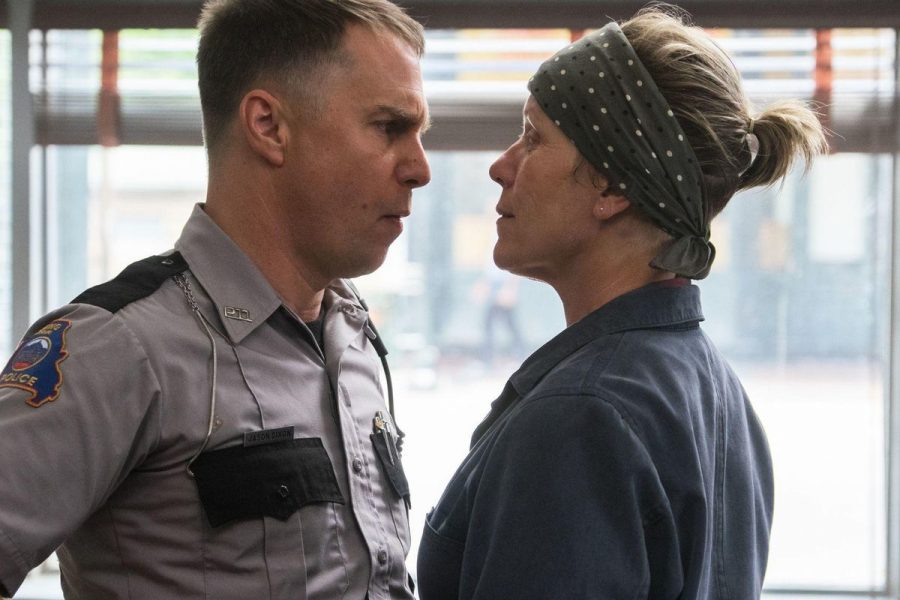Hollywood’s Newest Wildfire: #MeToo
April 5, 2018
The #MeToo movement has been a highlight of this past season’s award shows and discussions ever since Harvey Weinstein was exposed by The New York Times last October. The founder of the movement, Tarana Burke, awoke to #MeToo trending on twitter without any idea of how it happened, according to an article in The Guardian.
Harvey Weinstein sexually harrassed actress Ashley Judd in a hotel as early as 1997. A friend told Judd that his behavior was an open secret in Hollywood. Judd then went on record about Weinstein and tweeted #MeToo, which was when Tarana Burke saw it on her screen from home — a movement she had created over 10 years ago. #MeToo was and is an emblem for women expressing themselves over the pain of sexual assault and harassment.
Shortly after, Time Magazine released its “Person of the Year” edition in December 2017, except it wasn’t a single person but rather a compilation of women and men who were titled “The Silence Breakers” — including Judd, Burke and many other effected individuals.
From Hollywood to rural America, the Time article detailed multiple stories of sexual harassment in the workplace and gave the #MeToo movement new traction in mainstream discussion. Shortly after, #MeToo and Time’s Up — a movement against sexual assault — quickly filled twitter feeds and left a deep mark on this season’s award shows.
At the 75th Golden Globes, most actresses and actors wore black and activist walked the red carpet beside them, including Burke. While the awards shows were a great platform to bring sexual assault to light in the industry, we often only see part of the picture with those public demonstrations. We as an audience see actresses speak up about sexual misconduct and the repercussions of these accounts coming to light — such as Scarlett Johansson calling out James Franco during this year’s Women’s March — but we often don’t think about the women behind the camera, the women like Burke and the farm workers from Time Magazine.
WSN talked to executive members of Fusion Film Festival — an NYU-run festival showcasing all female-work — about what has been happening in Hollywood and how it relates to their own work. Like the #MeToo movement, Fusion Film Festival was started over 10 years ago by two students who were fed up with the way they, in addition to producers, directors, writers and all the behind the scene workers, had been treated in the film industry.
Tisch Film & TV junior Priya Khanolkar mentioned how she’s in a predominantly male directing class, and she feels the effects of the gender disparity.
“Sometimes my classmates want to tell me how to do something very specifically even if it’s not the best way to do it,” Khanolkar said. “They don’t trust my knowledge about lighting and camera work because that has generally been a male-dominated profession in the past.”
#MeToo wasn’t created specifically for the film industry, and for actors exclusively, but that has become its connotation. This issue is one that will continue to serve as a barrier for the women who experience sexual misconduct behind the camera and the ones who won’t get a chance to speak up about it on an awards show.
Professor Sandra Sandler discussed the gender gap in the past Oscars, citing the fact that only five percent of the nominees were women. In the midst of this movement, gender and racial discrimination still hold women, specifically women of color, back. That’s why festivals like Fusion are so important. They provide an outlet for women to showcase their work without the limits that patriarchal Hollywood normally places on the work, whether it be on an actress, director or producer.
Though there is a while to go until the sexual assault cases and gender restrictions that plague Hollywood cease, movements like #MeToo and Time’s Up certainly indicate progress.
“This is truly a great time for this movement,” Khanolkar said. “It should’ve happened earlier, but the way it’s spreading now is like wildfire.”
And we all know wildfire is hard to contain.
A version of this article appeared in the Thursday, April 5 print edition. Email Brooke LaMantia at [email protected].



























































































































































